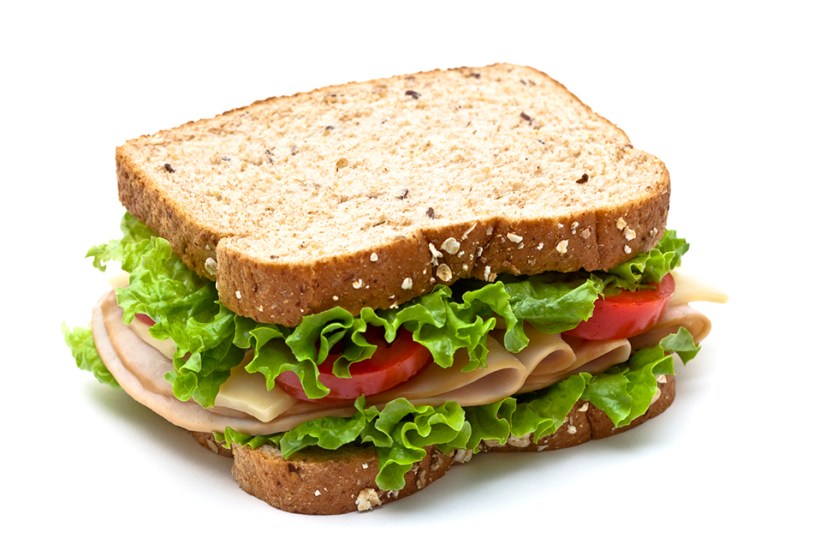It is a tenet of neo-liberal economics that there is no such thing as a free lunch. This is obvious baloney. There are free lunches everywhere. The problem is that those free lunches are no longer served to people doing useful work. They are instead handed out to the owners of a few favoured asset classes through untaxed gains. We have created far more tax breaks for rent-seeking than for productive work… and then we wonder why Britain has a productivity crisis.
I must admit I enjoy a few free lunches myself – literally. I own a small crash-pad in Deal, in what was until recently the undiscovered paradise that is East Kent (suggested slogan: ‘The friendliness of northern England, the climate of northern France’). Every time I arrive, I set off down the high street and splurge on food from several of its many fine delicatessens: heritage tomatoes (£4), olive focaccia bread (£4.95), small-batch coffee (£6.50), that kind of thing. My wife, who has a narrower conception of home economics than I do, will then ask: ‘How much did that all cost?’ And I reply: ‘Nothing at all. In fact I’m probably up on the deal.’
By splashing out on expensive foodstuffs, I help ensure the proliferation of desirable retail outlets in the town. Desirable not only to me but to visitors from London. You see, joining me in the queue for the olive focaccia are two vapid tossers from Fulham visiting for the weekend. And the next day one of them is going to say: ‘Gosh, Jonty, you can buy sourdough here for more than £5 a loaf. I suddenly feel safe. Let’s buy a house here.’ They visit the estate agent next to the place selling hand-crafted orzo, and that’s when my plan pays off.
Cost of lunch – £35. Increase in value of our property – £100. Result – happiness. Indeed my support of mildly overpriced artisan retailers has been so successful that in 2013 the Telegraph named Deal its ‘High Street of the Year’. The only problem is that this increase in my wealth comes at the price of endlessly shifting money from the productive economy to the extractive economy. But it’s the property owner not the bread maker who gets the tax break.
Why is this? My theory is that, since the death of Bernard de Mandeville in 1733, all economists, and by extension everyone in the Treasury and the Bank of England, are by temperament either frugal (they disproportionately enjoy saving) or else are tightwads (they experience disproportionate pain in spending). Adam Smith was a genius, yes, but let’s not forget he lived with his mum. (These are scientific categories: in 2008, the economic psychologist George Loewenstein calculated that about 24 per cent of the population were skinflints – people who find the pain of parting with money so great that they underspend.) Skinflints find it much easier than spendthrifts to attach a spurious moral virtue to their behaviour, resulting in an absurd bias towards encouraging accumulation not consumption.
Why are there no tax breaks for spending as well as saving? We have Pigovian taxes on forms of consumption deemed to be bad: booze, fags, increasingly cars and flights. Yet there are no Mandevillian tax breaks on consumption which brings positive externalities. Under a future Sutherland regime, for instance, there would be no duty paid on beer drunk in a pub. That is because, by drinking in a pub, you are supporting an institution which benefits everyone around you, which by drinking a can of beer at home you are not. After leaving the EU, we are free to do this kind of thing. It’s the man making the focaccia who needs a break, not the person who owns the house next door. Taxing property gains and supporting food makers? Who would do such a thing? Um, Singapore.
Got something to add? Join the discussion and comment below.
Get 10 issues for just $10
Subscribe to The Spectator Australia today for the next 10 magazine issues, plus full online access, for just $10.
You might disagree with half of it, but you’ll enjoy reading all of it. Try your first month for free, then just $2 a week for the remainder of your first year.















Comments
Don't miss out
Join the conversation with other Spectator Australia readers. Subscribe to leave a comment.
SUBSCRIBEAlready a subscriber? Log in